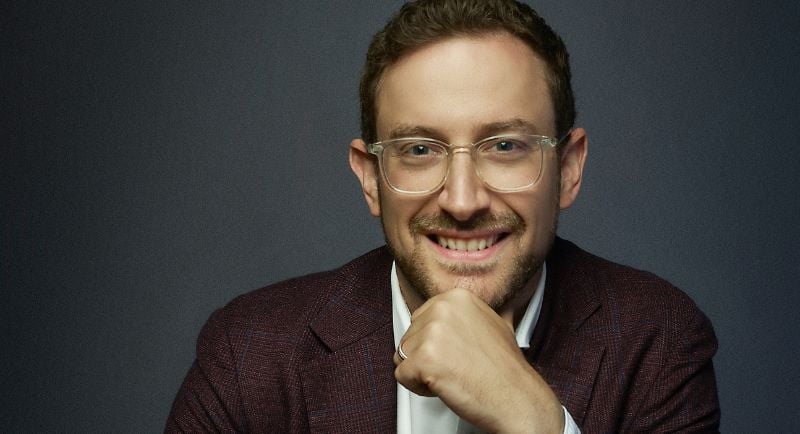Australian ideals of luxury are vastly different from those of other nations, with consumers valuing travel and experience as more luxurious than materialistic products, according to new research.
The Reframe: Australian Luxury research, undertaken by News Corp’s The Growth Distillery, reveals a significant shift in how Aussies define luxury in the post-pandemic world.
“The Australian luxury consumer is really nuanced and unique,” said Dan Krigstein, director of The Growth Distillery.
“Australians have very different expressions of luxury and one of the overwhelming insights from this research was the difference between extrinsic versus intrinsic expressions of luxury. Three in four Australians prefer more intrinsic expressions to those overt gory expressions – it is a staggering number when you think about it.”
The research revealed that quality (95%), customer service (88%) and value (83%) are stronger purchase drivers than rarity (42%), exclusivity (27%) or popularity (22%).
Krigstein told Mediaweek the data also showed that experiences, not products, represent luxury to Australian consumers and must play a role in the purchase journey.
“What matters most has shifted post-pandemic. If you go back to what luxury is, in its essence, there must be an element of scarcity – and stuff isn’t scarce anymore. What is scarce is the ability to go to a waterfall in the middle of nowhere that no one has seen and remains untouched, that is scarcity. Or the ability to bring a chef to your home for a beautiful private dinner, these money-can’t-buy experiences are scarcer than ‘the stuff’ these days.
“Luxury always talks to the aspirational lives that we are trying to attain, but when the definitions and codes of success are diverse and fundamentally shifted, so too are the values. If a life well lived is me travelling the world for the rest of my life, then what on earth does a Birkin bag have to do with it?”
The findings reinforce previous research by The Growth Distillery that explored essential goods and found that Australians ranked travel as the number one essential good, ahead of health and property.
However, Krigstein said that while travel ranks highly for Australians, experiences, in general, were the most significant luxury for consumers, particularly during the current instability.
“Consumers are looking for things to spark joy in their lives. In an outlook that’s a little gloomy, your product might just be the thing that puts a smile on their face every day. As a brand, you would be very silly to not lean into this new ecology.”
Krigstein told Mediaweek that the research, which was conducted in collaboration with Verve Australia, aimed to help luxury brands articulate the consumer landscape both to improve consumer engagement and to inform overseas headquarters based in vastly different markets.
“We work with luxury brands, and one of the things they often ask us is ‘how do we convince Milan that Australia is different?’, because often the message out of Europe is ‘here’s our marketing campaign, go and execute across our satellite market’. Hopefully, this serves as a toolkit and an articulation to illuminate how little the Venn diagram overlaps in terms of how brands are showing up versus what Australians are looking for.”
–
Top Image: Dan Krigstein
